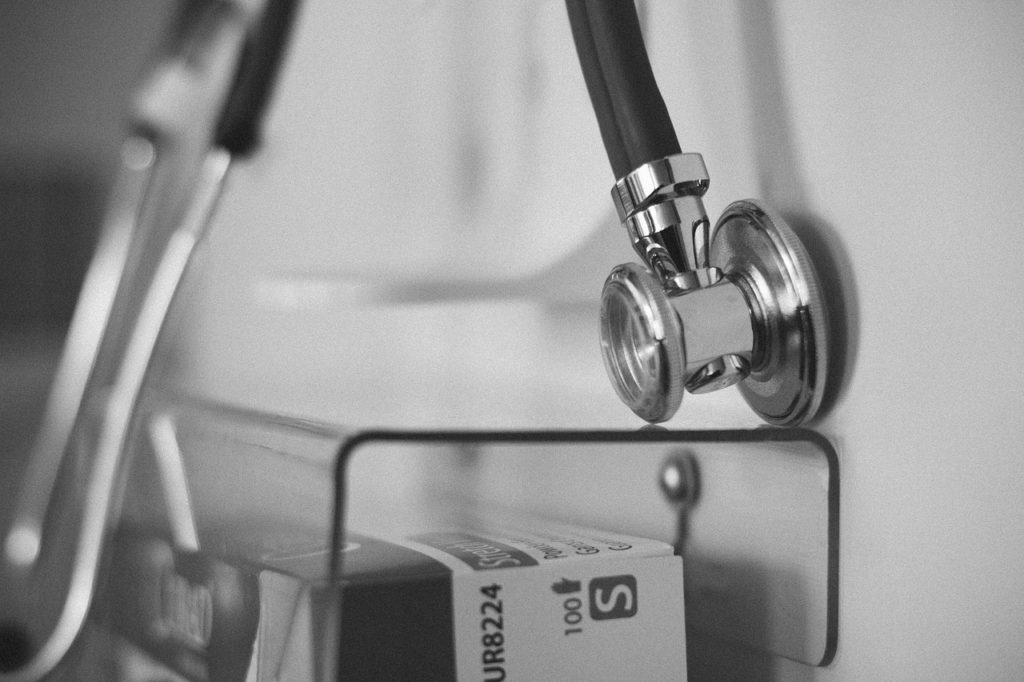Denise from Houston sent us this question: “I am having recurrent reflux even after 2 months of LAP Nissen Fundoplication 360. At 6 weeks surgeon did an endo and found out too much bile stasis and gastritis due to bile reflux while wrap is intact. I am on PPI now but that’s not helping at all as it’s Bile reflux which is causing pre op symptoms like chest pain left and right and bile coming up and irritating the throat and bitter taste tongue especially at night. Do I wait and watch my diet or again ask for revision? Thank you.”
Dear Denise,
Nissen fundoplication when properly performed, along with hiatal hernia repair, reliably stops any kind of reflux (bile and acid) from stomach into esophagus. The mere presence of bile in stomach does not necessarily translate into bile reflux following Nissen fundoplication. PPI treatment does not help in this case.
Recurrent or persistent reflux symptoms following hiatal hernia repair and Nissen fundoplication are evaluated by upper endoscopy and ambulatory pH testing. Ambulatory pH testing measures acid but not bile reflux into esophagus. pH impedance test measures acid, and non-acid acidic reflux and it may be a better option to evaluate bile reflux. If any of these tests are positive for reflux, wrap is most likely poorly constructed and revision surgery is indicated. An intact wrap and negative reflux testing reliably rule out GERD.
Excessive backflow of bile from duodenum into stomach indicates a gastro-duodenal motility problem. Gastro-duodenal dysmotility is not only associated with GERD, but it is most likely an integral part of GERD pathophysiology. Our understanding of GERD as an esophago-gastro-duodenal motility disorder is quite limited. Nissen fundoplication promotes gastric emptying, and it most likely mitigates bile stasis in stomach to a degree.
Lastly, excessive bile accumulation in stomach may indicate gastroparesis. Gastroparesis or delayed gastric emptying may co-exist with GERD or result from vagus nerve injury during anti-reflux surgery. A gastric emptying study is needed to confirm diagnosis. Gastroparesis symptoms include nausea, vomiting, bloating and abdominal pain as well as heartburn. Bile gastritis is common with gastroparesis. PPIs are obviously not effective in this case. At Houston Heartburn and Reflux Center, we recommend an antrum preserving longitudinal gastrectomy to restore gastric emptying. (https://houstonheartburn.com/best-treatment-for-gastroparesis)

